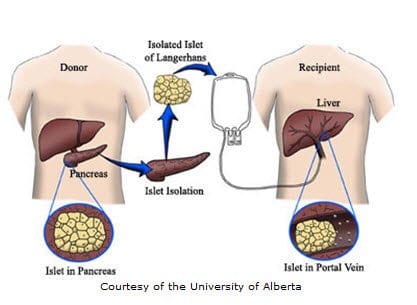Diabetes is a chronic disease that affects millions of people worldwide. While diabetes can be managed at any age, it can be more challenging to manage in older adults, especially those with multiple medical conditions.
One of the most important things to monitor in diabetes management is A1C levels. A1C is a blood test that measures average blood sugar levels over the past two to three months. Lower A1C levels are generally better, but there is an increased risk of hypoglycemia (low blood sugar) when A1C levels are too low.
In older adults with multiple medical conditions, the risks of hypoglycemia may outweigh the benefits of aggressive A1C control. This is because older adults are more likely to have other health conditions that can make them more susceptible to hypoglycemia, such as heart disease, kidney disease, and liver disease.
A recent study published in JAMA Internal Medicine found that many older adults with diabetes are being treated aggressively, despite the risks of hypoglycemia. The study found that nearly half of older adults with diabetes and multiple medical conditions had A1C levels below 7%.
The American Geriatrics Society and the American Diabetes Association recommend less aggressive A1C goals for older adults with multiple medical conditions. The American Geriatrics Society recommends an A1C goal of 7.5-8.0% for older adults with moderate comorbidities and a life expectancy of less than 10 years. The American Diabetes Association recommends an A1C goal of 8-8.5% for older adults with complex medical issues.
It is important to work with your doctor to develop a personalized diabetes management plan that is right for you. This plan should take into account your individual health status, life expectancy, and other factors.
Here are some tips for managing diabetes in older adults with multiple medical conditions:
- Talk to your doctor about your A1C goal and what is right for you.
- Monitor your blood sugar levels regularly and keep a record of your results.
- Take your medications as prescribed by your doctor.
- Eat a healthy diet and exercise regularly.
- Be aware of the signs and symptoms of hypoglycemia and know what to do if it occurs.
By following these tips, older adults with diabetes and multiple medical conditions can live healthy and active lives.









